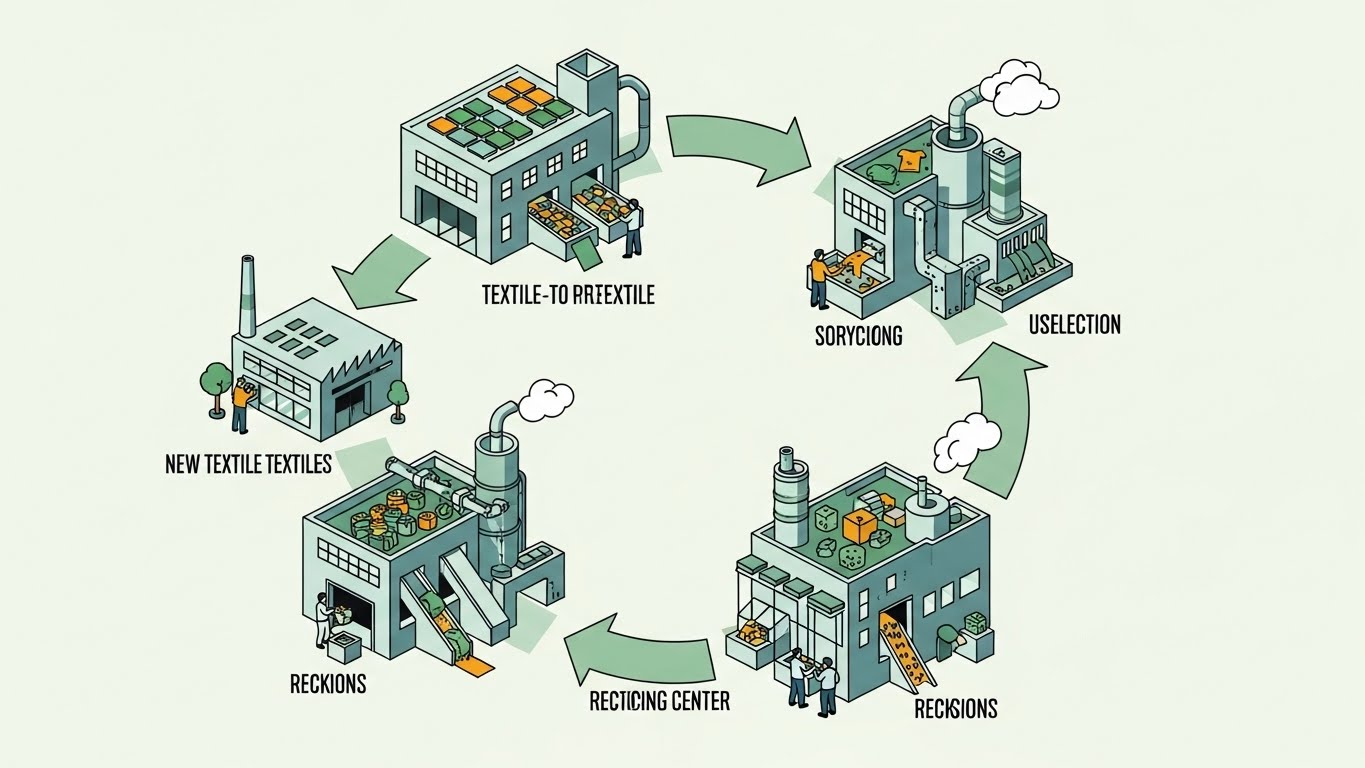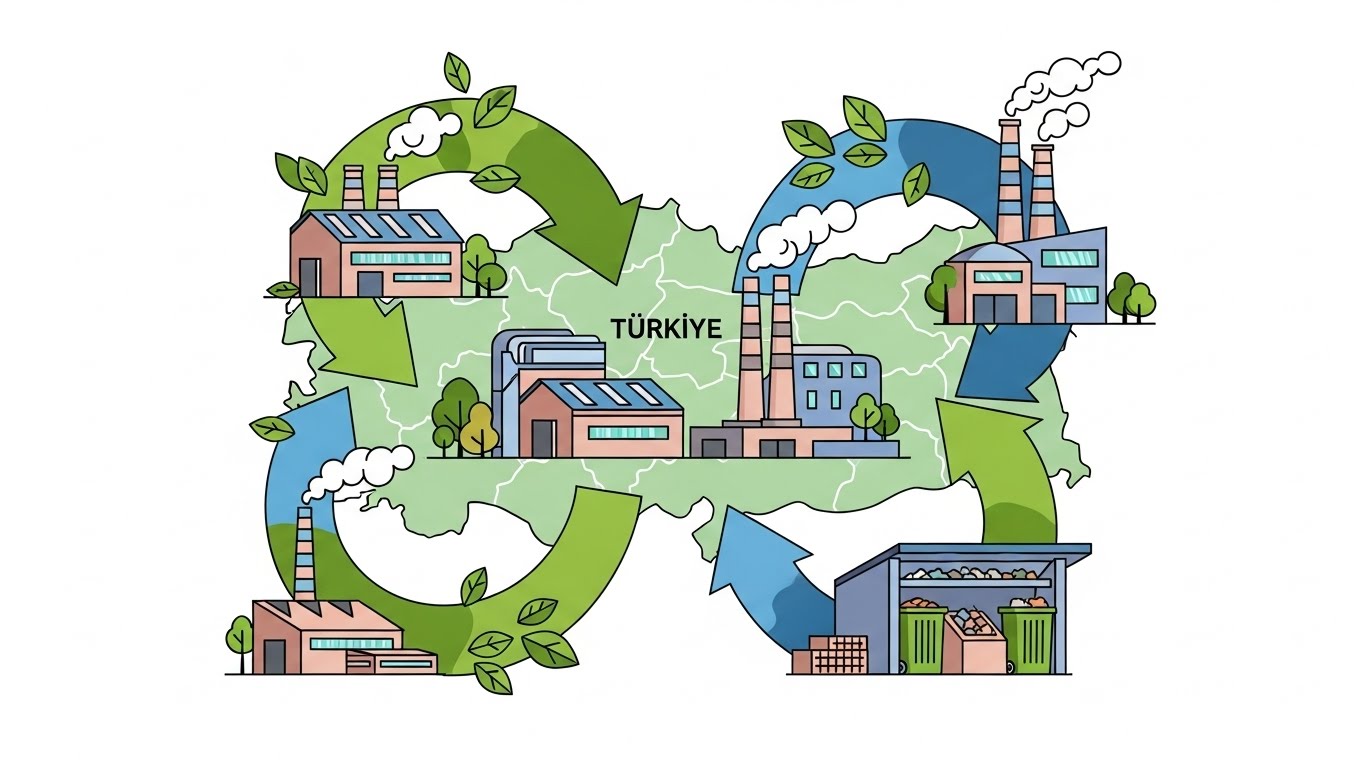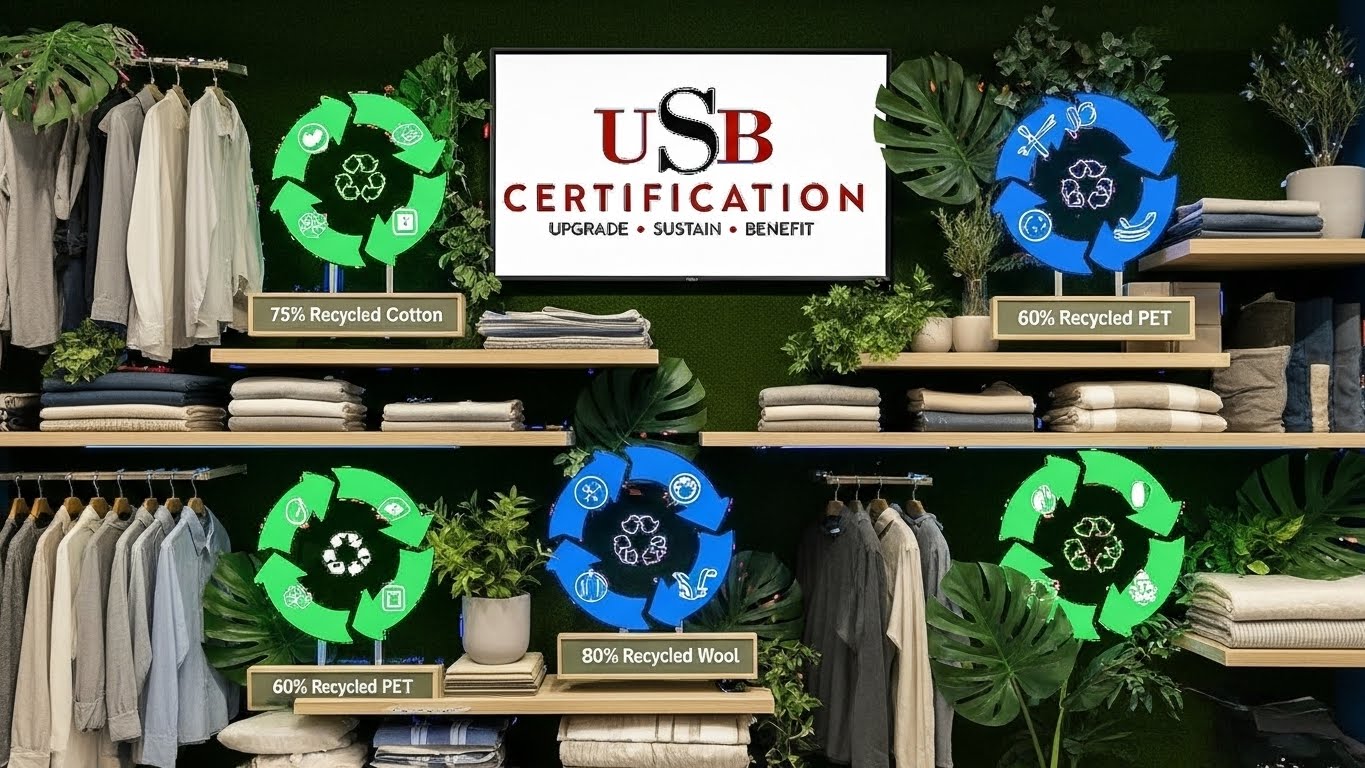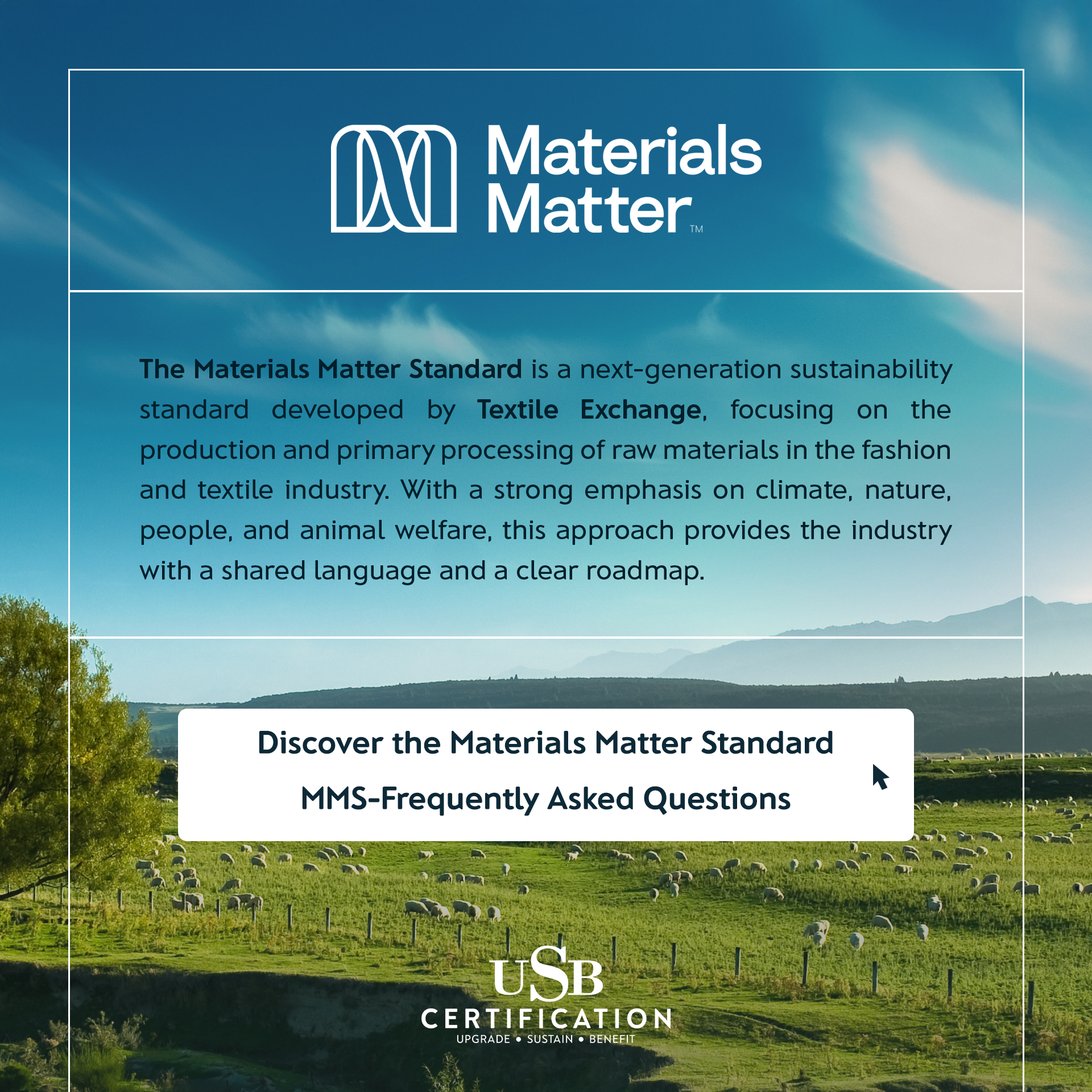The apparel, leather, textile, and footwear industries have long struggled with inefficiencies in sustainability efforts due to fragmented initiatives and audits. A collaborative effort to overcome these challenges saw Cascale, Apparel Impact Institute (Aii), and ZDHC introducing groundbreaking initiatives: the Data Matrix and the Factory Improvement Journey.
Together, these initiatives aim to create a standardized, transparent, and scalable framework for measuring and improving environmental performance across the industry.
Factory Improvement Journey: A Clear, Customizable Path to Excellence
Working with the Data Matrix, the Factory Improvement Journey provides a structured pathway for factories to advance their sustainability performance. This initiative unifies existing programs and establishes a tailored roadmap for factories, ensuring regional adaptability while maintaining global alignment.
The Factory Improvement Journey was developed based on a comprehensive gap analysis and incorporates data from Higg FEM 4.0, ZDHC, and Aii program records. Key focus areas include energy efficiency, wastewater management, chemical usage, waste, and air emissions.
Core Elements of the Factory Improvement Journey
Harmonized Model: Aligns with leading industry programs to ensure coherence and compatibility.
Impact Area Focus: Addresses key environmental factors to maximize improvement potential.
Flexibility: Allows factories to prioritize high-impact areas without redundant efforts.
Regional Adaptation: Tailors pathways to reflect local challenges and opportunities.
Actionable Outcomes: Provides clear improvement pathways and customized recommendations based on factory maturity levels.
A pilot program involving over 100 factories across Vietnam, Cambodia, Bangladesh, and other regions validated the framework. Stakeholders emphasized the importance of structured tools that align with industry standards and sustainability goals, reinforcing the need for continuous refinement of these initiatives.
The Data Matrix: A Universal Standard for Sustainability Performance
The Data Matrix functions as a “credit score” for environmental sustainability, providing a transparent and standardized evaluation of a supplier’s performance in key impact areas—chemicals, water, wastewater, and energy. By translating diverse sustainability program requirements into a common language, the Data Matrix eliminates duplication, reduces audit fatigue, and enhances trust among brands, suppliers, and stakeholders.
This first iteration of the Data Matrix marks a significant step toward a more efficient and aligned sustainability ecosystem. Ongoing integration with existing tools like Higg FEM will further streamline sustainability reporting and drive impactful change.
Core Elements of the Data Matrix
Reduces Audit Fatigue: A single evaluation aligned with the Data Matrix can serve multiple programs.
Drives Resource Efficiency: Suppliers can focus their efforts on meaningful environmental improvements rather than redundant reporting.
Enhances Transparency & Trust: A standardized sustainability score fosters accountability across the supply chain.
Connects Initiatives: Programs remain distinct yet interoperable, enabling greater collaboration.








